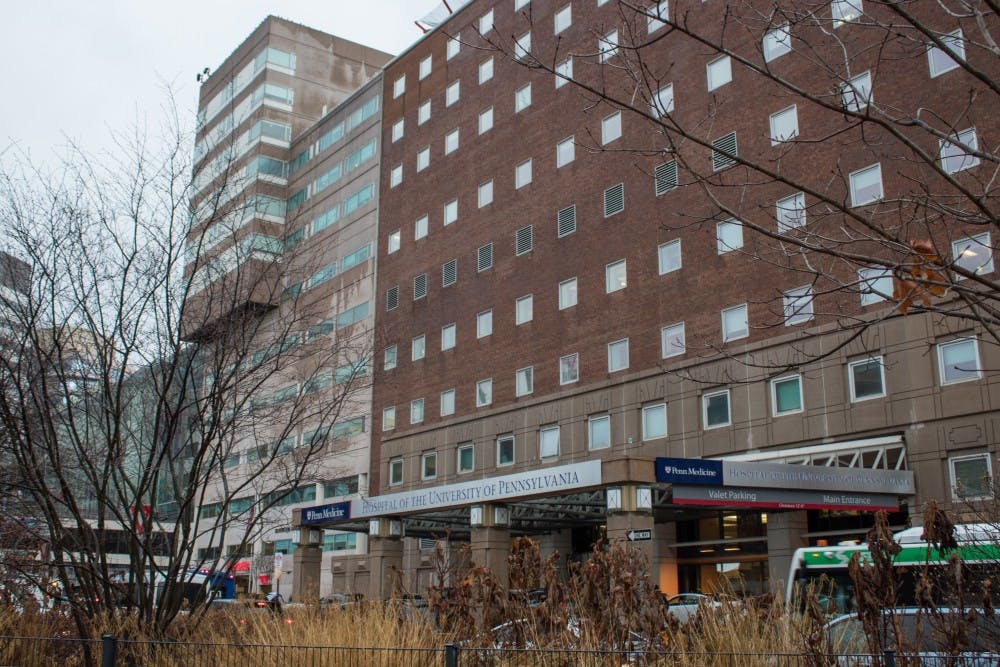Penn researchers are studying and treating a group of United States diplomats in Cuba who are suffering from the symptoms of a concussion without ever receiving blows to their heads, according to the New York Times.
Originally, the diplomats were speculated to have been victims of “sonic attacks" in 2016, reported the Associated Press. The Federal Bureau of Investigation ruled out the possibility in January.
The group of researchers studied 21 of the 24 affected diplomats, according to the Associated Press. They published their findings in a preliminary report released online on Feb. 15.
The participants in the study reported hearing strange noises like grinding metal or high-pitched squeals in their rooms in 2016, reported the New York Times. Many reported experiencing immediate symptoms such as hearing loss and headache and later reported the emergence of others like fatigue and memory loss.
Douglas H. Smith, director of Penn's Center for Brain Injury and Repair and neurosurgery professor, confirmed the significance of the patients’ symptoms.
"Processing speed, inability to remember — those are such classic symptoms we see in concussion," Smith said to the New York Times. "This is concussion without blunt head trauma.”
Smith and his colleagues said they do not believe that the sounds themselves caused the injuries. However, they noted to the New York Times that a device emitting a different kind of harmful energy might have produced the sounds.
While Cuba has denied that there were attacks, the Associated Press reported, the incident is straining the U.S.-Cuba relationship after the two countries resumed diplomatic relations in 2015.
According to Penn Medicine News, Penn's Center for Brain Injury and Repair was chosen to organize "multidisciplinary evaluation, treatment, and rehabilitation of the patients beginning in summer 2017."
The study's lead author, Randel Swanson, a professor of physical medicine and rehabilitation, told Penn Medicine News that most of the patients in Havana seem to be reacting to therapy as typical concussion victims do.
Christopher Muth, a neurologist at Rush University Medical Center in Chicago, said to the New York Times that the report should be regarded with skepticism.
“With certain symptoms, you have to take the word of people describing the symptoms," Muth said.



